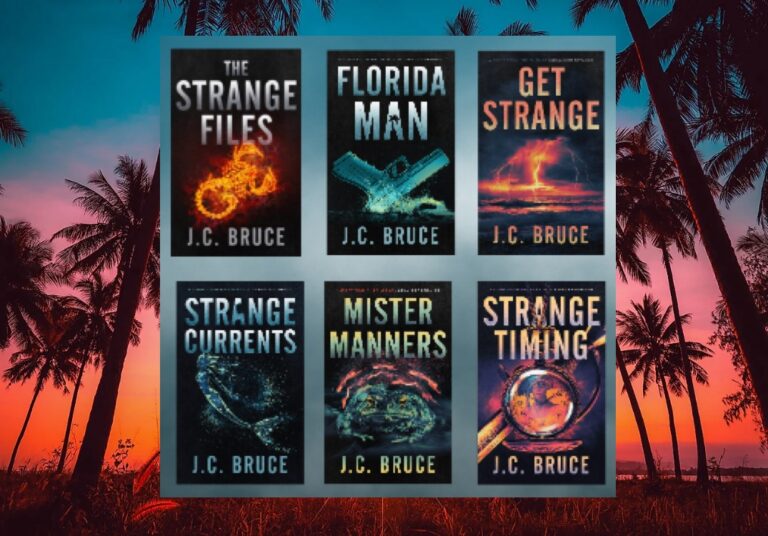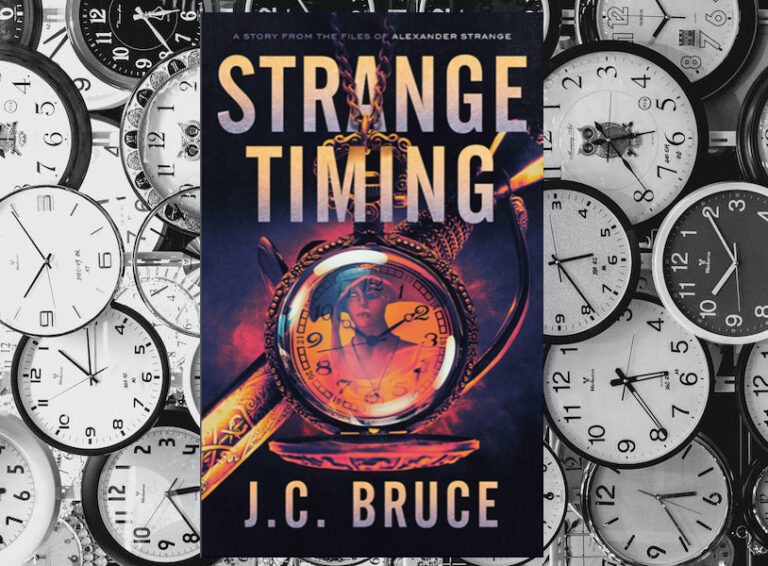
THE STRANGE FILES CHRISTMAS COUNTDOWN: MERRY CHRISTMAS (from the novel: STRANGE TIMING)
The Time a Federal Judge Ruled—in
Verse—to Save the Christmas Holiday
By Alexander Strange
Tropic Press
Merry Christmas! We end this year’s Christmas Countdown on a poetic note, a tribute to an Ohio federal judge who saved the holiday.
Got the day off today? Well, you can thank Susan Dlott for that.
She’s a federal judge in the Buckeye State who was presented with a challenge to the legality of Christmas as a federal holiday. The plaintiff in the case, a Cincinnati attorney, wasn’t just a Grinch. He was testing the “establishment clause” of the First Amendment to the Constitution. The one that prohibits the government from creating a state religion.
It’s the cornerstone of our country’s founding principle that separates church and state. The lawyer argued that creating a federal holiday to celebrate a religious event crossed that line.
Judge Dlott saw it otherwise and offered her opinion in verse, using a nine-stanza poem modeled after How the Grinch Stole Christmas by Dr. Seuss.
It may not be the most significant ruling ever delivered from the bench, but it certainly is the most entertaining. I reread it every year. So, I thought I’d share excerpts of it with you today:
The Court will address plaintiff’s seasonal confusion
erroneously believing Christmas merely a religious intuition.
Whatever the reason constitutional or other,
Christmas is not an act of Big Brother!
Christmas is about joy and giving and sharing,
it is about the child within us, it is most about caring!
… We are all better for Santa, the Easter bunny too,
and maybe the great pumpkin, to name just a few!
An extra day off is hardly high treason.
It may be spent as you wish, regardless of reason.
More than two decades later, Judge Dlott’s decision still stands, both as a ruling we can all be thankful for and proof that judges possess a sense of humor—and a flair for creative writing, too. Thank you, Your Honor!
STRANGE FACT: While the First Amendment’s freedom of religion clause creates a separation between church and state, it does not prohibit the practice of religion in public life. It may also be viewed as allowing freedom from religion.







